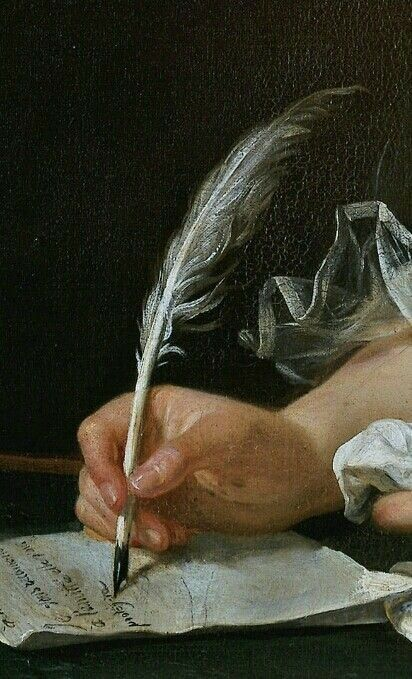My Grandfather, Shakespeare and Me
- Charmaine Lim
- Aug 10
- 3 min read
Updated: Aug 11
Today I had brunch with my grandfather, a man I deeply admire. In my eyes, he is the wisest man I know, one who thinks before he speaks. Everything that comes out of his mouth seems to be calculated and measured. He had studied English Literature in his years at university, so I am sure he’s had his fair share of views on the evolving world.
Our conversation today went far beyond our usual talk about the mundane; we spoke about Shakespeare. My grandfather draws profound inspiration from his works, believing that Shakespeare’s words hold immense significance and are truly timeless. Much like singing a song without knowing its meaning, my grandfather said that there was no point in reading Shakespeare without really understanding the intent behind it. He encouraged me to study Shakespeare, not merely for academic reasons, but for the joy it brings and the way it can broaden my perspective on the world.


After we parted ways, I went to my local bookstore and went straight to the literature section. There were a few plays by Shakespeare, but I gravitated towards The Sonnets and A Lover’s Complaint. I thought I’d start with the sonnets, as it may ease me into the world of Shakespeare, familiarising myself with his use of language and metaphors. I had never felt such a calling to study Shakespeare before, but perhaps it was the power of speaking to my grandfather that I finally fulfilled this subconscious longing.
I bought the book, of course, and took it home, eager to begin this journey. I decided to start from the very beginning: Sonnet 1, the genesis of the 154 sonnets. The first 17 sonnets, known as the “procreation sonnets”, centre on themes of humanity and nature, rich with biblical imagery. I found myself annotating the first five sonnets in one sitting, captivated by Shakespeare’s ability to resonate with me as if he were speaking from this very era.
Shakespeare starts by acknowledging the innate human desire to prioritise beauty, a longing to relive the good times. He juxtaposes this with the concepts of mortality and immortality, recognising that, according to the laws of nature, we will eventually pass away. When we do, it is through our heirs that our memories might endure. The child carries forward the legacy of the parent, whether or not they share the same blood. Yes, the image of the parent lives on through the heir, but so do their knowledge and beliefs. Shakespeare warns that if we lead lives steeped in narcissism, refusing to share with the world and procreate, we risk creating “a famine where abundance lies”. He argues that while a man might be content with his youth and beauty, those qualities will ultimately fade if he does not procreate and share himself with the world. He refers this selfishness to gluttony, suggesting that to take the beauty we owe to the world to our grave is to deny future generations the richness of our contributions. Shakespeare challenges us to consider our responsibilities to the legacy we leave behind.
This sonnet can be interpreted in various ways, but the understanding that resonated with me centres on the importance of not keeping art to oneself. While I could choose to hold onto my creations now, I realise that as I grow older, I will likely wish I had shared my artistic expressions as a young woman. The first few sonnets of Shakespeare inspired me to take action and finally pursue what I have always wanted: to share my thoughts not for the approval of others, but for my own fulfilment. While this website was initially created as a photography portfolio, I am expanding the platform to allow the discussion of anything that comes to my mind. Expect blog entries that span a wide range of topics, from films to books, fashion to travel. My passion for art runs deep, as I believe life is a reflection of the art we consume and create. In a world taken over by social media and surface-level engagement, I aspire to foster deeper, more intellectual conversations–an art that seems to be fading away.

Today, my grandfather inspired me, and I hope to pass that inspiration on to you.
Thank you for joining me on this journey, and stay tuned!
xoxo, Char.

Comments